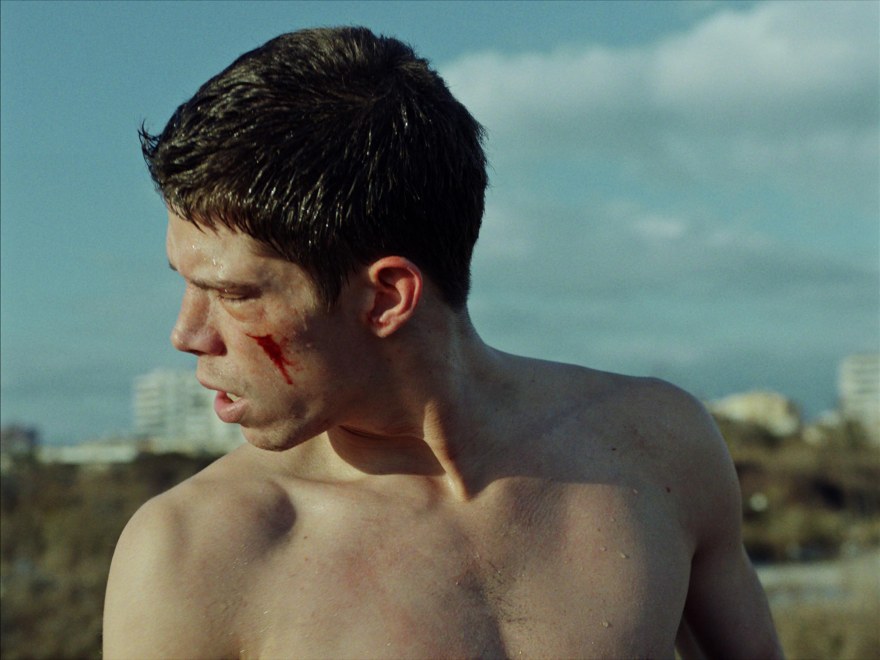Breakfast with The Van
Interview with Erenik Beqiri, director of The Van
Why were you interested in illegal immigration?
Illegal immigration has become part of the Albanian culture these last 30 years. After the communist regime fell in the 90s, most Albanians immigrated to Italy, Greece, England and other countries. At first you’d think this happened only back then, but we still have people trying to illegally immigrate even nowadays. The search for a better life has pushed many Albanians to take this road and live in limbo till they find that sign of hope they’ve been searching for. Even friends of mine have tried to immigrate abroad, and I can say that the thought has crossed my mind many times as well, but in the end I decided against it. For me was important to show this need of escape through a young character who won’t allow anything to compromise his goal.
How did you know about illegal boxing fights?
The fights that are depicted in the film are fictionalised. It is actually based on a documentary in which people would put two dogs inside the trunk of a car and have them fight while the car was driving. Later they’d see which dog won. This stuck with me and I tried to portray it with people and how they would manage in that kind of tiny space, while trying to find the best way to make it look believable.
How did you work on the father-son relationship and are you interested in dealing with this relation in further projects?
The story was always going to be about the relationship between a father and his son. The fighting plot was in the backdrop, to test how far both of them can go in order to stay with each other. Because the son won’t leave without his father, he’s fighting for him too. And the father has to make the hardest of decisions. I wanted to see how far their love could go and what we as humans are willing to do for our loved ones. Despite the story taking place in Albania, the feelings and emotions we share with our parents are universal and is an aspect that all people can relate to.
How much was the mother’s absence a key to define the characters during the writing process?
I wrote the story on purpose without the mother character. Father and son have been living together for many years now and the character of the son has grown out to look at his father and the choices he has made. You can see his influence on him. The son is turning into another version of his father and he starts to realise that and takes action. The missing mother is a big void that the father unfortunately can’t fill.
Why did you want to depict the decision to leave as a one-way track?
Once the son leaves Albania, there is no coming back. He is sacrificing his body in order to get the right amount of money that can allow him a secure way into England. If he came back, he’d have to do that all over again. I always thought that he felt as if he was thrown into a big hole, once you climb your way out of there, you run away forever.
Would you say that the short film format has given you any particular freedom?
I’ve enjoyed working in the short film format and I feel there are more possibilities to experiment inside the form. A short film’s structure is different from the long form because you can manage to convey an emotion in only few minutes. It can be three minutes of poetic imagery and you get transported somewhere you didn’t think before. While a feature film needs more build-up and the approach is different.
Can you tell me about your cinematographic references?
For The Van, our aim was to try and make it as close to reality as possible. The camera was at the service of the characters. For these we looked at Jacques Audiard’s Un prophète, Amores Perros by Iñarritu and a few other references from photos, such as Alex Webb. I really love Un prophète and the way it transports us into a world which we feel we are immediately part of. I hope we slightly managed to do the same with our film.
The Van is part of National Competition F8.








